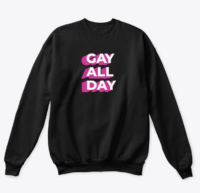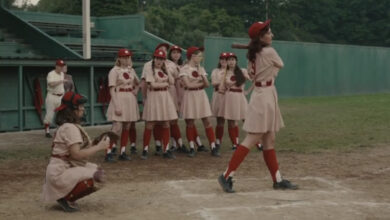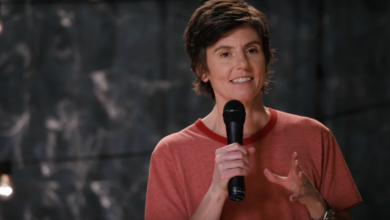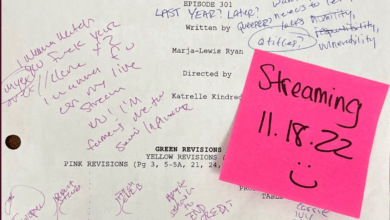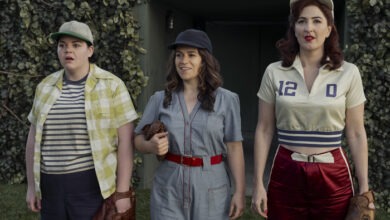Gentleman Jack is Great. But Where are TV Shows Written by Lesbians?
Gentleman Jack is a good series. A great series, even. I’ve thoroughly enjoyed watching it. Anne’s exploits are entertaining. Her relationships with women, her wheeling and dealing, her striking costumes – it all makes excellent television. The dialogue is sharp. And the camerawork is nothing short of genius, creating a constant impression of movement as Anne strides about Halifax. In more intimate moments, when Anne shares reflections from her diary, the camera draws close to her face as if she’s having a conversation with viewers on the other side of the screen.
Gentleman Jack is wonderful. It appeals not only to lesbians, but also to a straight audience. And as they become emotionally invested in a Sapphic story, their understanding of lesbians changes for the better. Research consistently shows that engaging with stories about a marginalized group improves social attitudes towards that group. So having this lesbian story shown on the BBC and HBO achieves good. As well as being a compelling drama, Gentleman Jack provides positive representation.
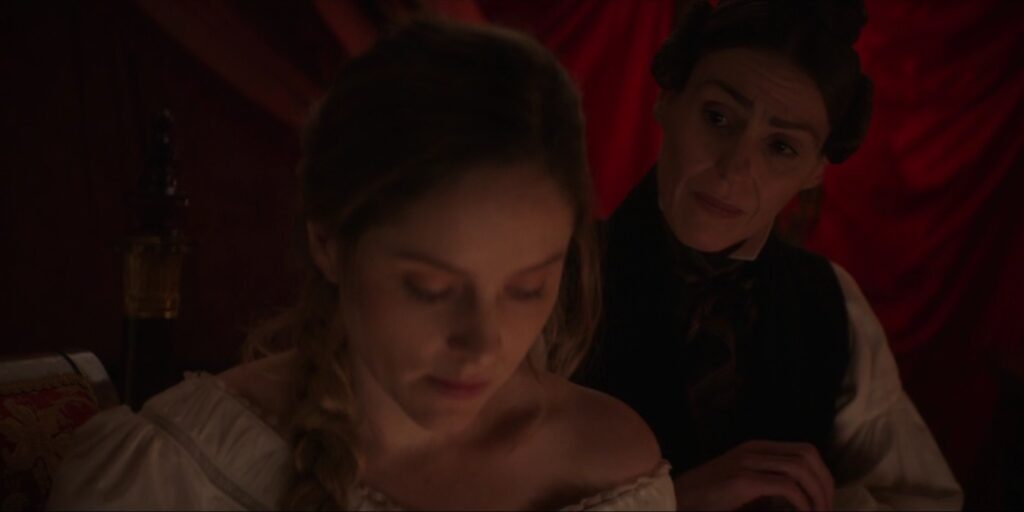
I’m very glad Gentleman Jack was made. That being said, I wonder whether it would have the same mass appeal if it was written by a lesbian, or starred one. Sally Wainwright – who created and produced the show – is straight. Suranne Jones – who played Anne Lister – is also straight.
It’s true that lesbian and gay creatives were central to the production. Anne Choma, the Historical Advisor; Stella Merz, the Script Editor; Phil Collinson, a Producer – all of them are gay, and all of them influenced the writing and performance of Gentleman Jack. But there is no denying that mainstream culture has few stories as prominent that were created by lesbians. Though actors like Kristen Stewart and Sarah Paulson are out and proud, they are a minority. Hardly any lesbians in the industry have been given the opportunity to achieve similar success.
The issue of whether straight actors should play gay characters is a contentious one. The debate rages on, showing no sign of being resolved any time soon. In my opinion, there is nothing wrong with straight actors playing lesbian characters. And what would Orange is the New Black have been without Laura Prepon’s Alex Vause, Natasha Lyonne’s Nicky Nichols?
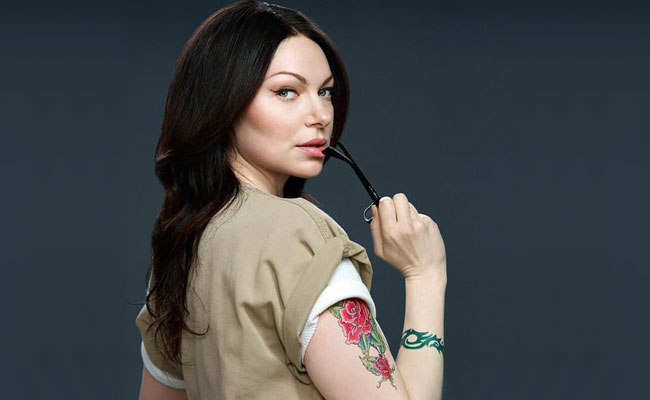
But there is a problem. And it stems from the fact that actors in any marginalized group are significantly less likely to be cast than their more privileged counterparts. People of color, working class people, disabled people, Muslim people, Jewish people, lesbian and gay people – we’re all massively underrepresented on screen.
If straight actors are to play gay roles, then representation must be a two-way street. It’s not fair for straight actors to be able to step into any part they please while equally talented gay and lesbian actors struggle for work. Lesbian actors are often reluctant to play lesbian characters for fear of being typecast. They worry – often accurately – that being written off as niche will cause irreparable damage to their careers.
Lesbophobia manifests in other ways too. There are times when a lesbian actor doesn’t even get to audition because of her sexuality. Casting directors discriminate against lesbians. Especially butch lesbians. Hollywood favors women who are conventionally feminine and pretty. The industry’s narrow view of female beauty doesn’t extend far enough to appreciate the suaveness and swagger that only a butch can bring to the table. That’s why – even in shows like the L Word, where lesbianism is the norm – we almost never see butch lesbians on screen.
And – butch, femme, or anywhere in between – it’s rarer still for a lesbian to call the shots behind the scenes, as Sally Wainwright does.
There are a handful of mainstream shows and films written by lesbians. Within the last year, the only example I can think of is Master of None: Moments in Love. Lena Waithe co-wrote and starred in the final season, developed by Aziz Ansari. But it received none of the buzz that now surrounds Gentleman Jack. While part of that is down to the #MeToo story that broke around Ansari, it feels significant that a story about rich white lesbians attract more attention than one about Black lesbians who must work to earn a living. Especially since a straight white woman wrote Gentleman Jack, and a Black lesbian wrote Moments in Love.
It’s hard to imagine any show written by and starring a lesbian – period or contemporary – that would find the same following as Gentleman Jack. The cynical part of me even wonders if Suranne Jones and Sally Wainwright being straight is why so many heterosexuals have tuned in; the show being helmed by straight women keeps Gentleman Jack from feeling too ‘Other.’
I’m not saying this to knock Gentleman Jack. Again, it’s a fantastic show. But there has to be scope for lesbians to tell our own stories; for those stories to attract the funding and resources they need to be told well; for them to be released on platforms where they can find a devoted audience of lesbian and straight viewers, and everyone in between.

